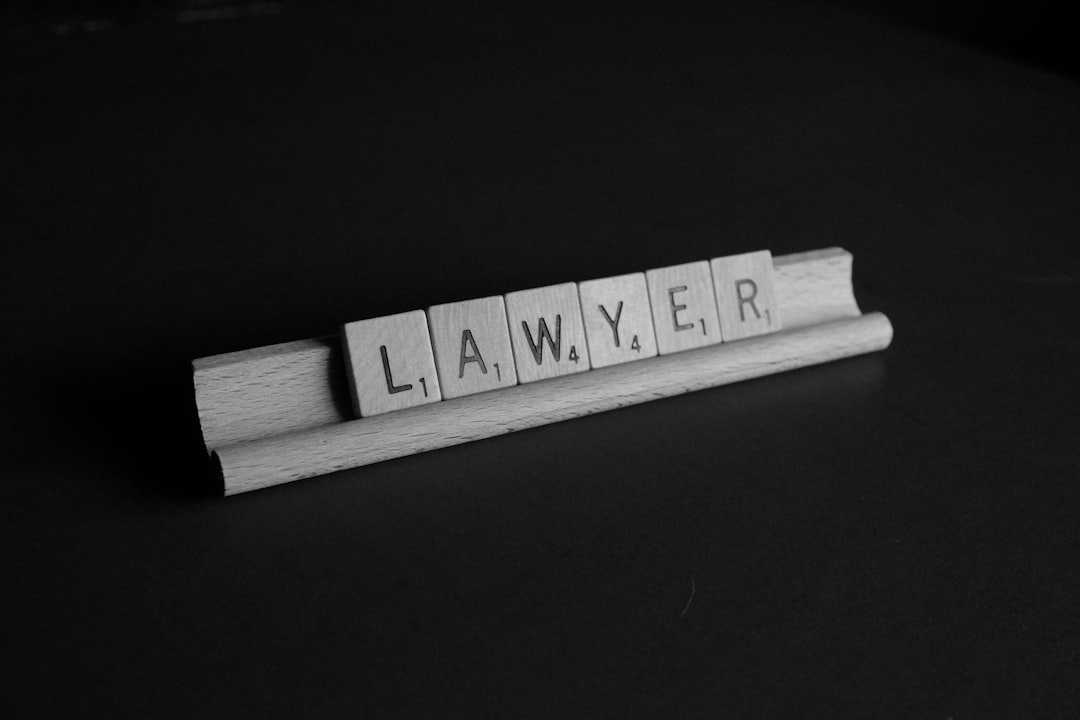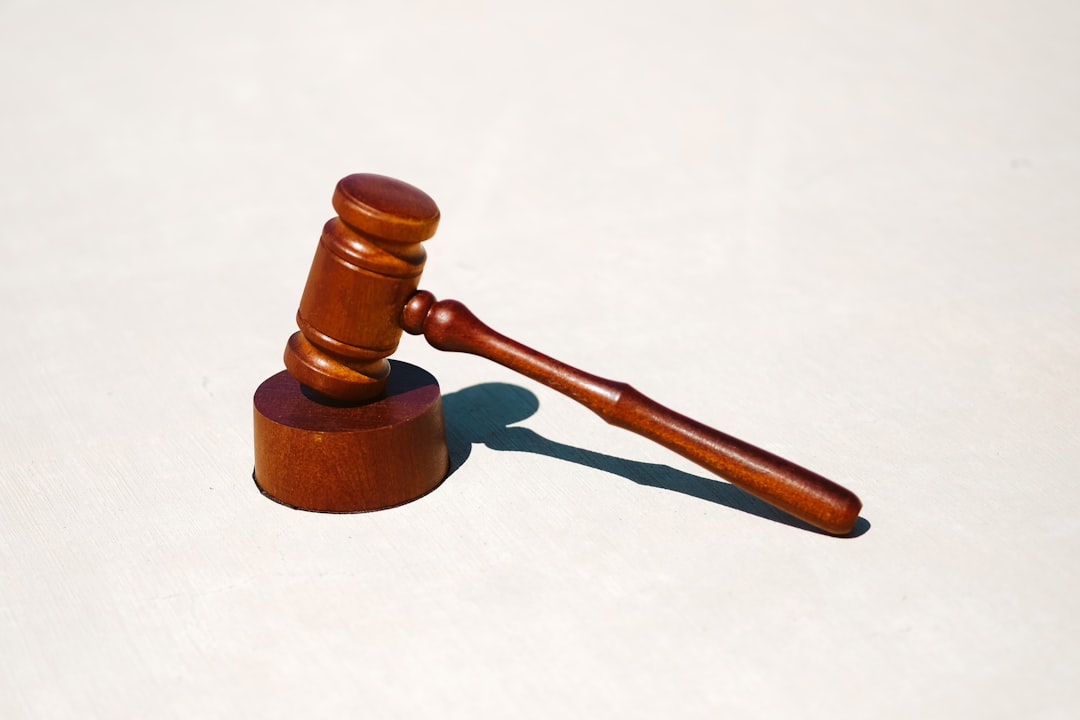In Mississippi, debt harassment is illegal under state laws protecting consumers. Violations of Fair Debt Collection Practices Act (FDCPA) guidelines by collectors can lead to legal action. Individuals facing harassment should document interactions and consult a lawyer for debt collector specializing in Mississippi law to understand their rights and available remedies, including compensation for emotional distress. These lawyers ensure collectors adhere to ethical practices, empowering clients to regain control of their finances and protect against abusive collection methods.
In Mississippi, understanding debt harassment is crucial for consumers navigating financial challenges. This article explores the legal definition of debt harassment and the robust rights and protections afforded by Mississippi law. We delve into specific actions against debt collectors, highlighting the significance of state laws in curbing aggressive collection tactics. Moreover, we discuss the role a lawyer for debt collector plays in ensuring compliance with Mississippi’s stringent regulations, offering peace of mind to those facing financial stress.
Understanding Debt Harassment in Mississippi

Debt harassment can take many forms, from relentless phone calls and threatening letters to false claims about your debt. In Mississippi, such actions are regulated by state laws designed to protect consumers from abusive or unfair treatment by debt collectors. If you’re facing what feels like unmanageable debt pressure, understanding these protections is crucial. Knowing your rights under Mississippi law can empower you to take action against harassment and seek help from a qualified lawyer for debt collector if necessary.
Mississippi has specific guidelines that define what constitutes debt harassment, including restrictions on the number of times a debt collector can contact you, when they can do so (usually between certain hours), and the types of communication they can use. Violations of these rules can lead to legal action against the debt collector. For instance, if a collector uses abusive or misleading language, fails to verify your debt, or continues harassment after you’ve requested it stop, you may have grounds for a lawsuit.
Legal Definition of Debt Harassment

Debt harassment refers to repeated and unfair attempts by a creditor or debt collector to contact a debtor, often with the aim of intimidating or coercing them into paying off their debt. This can include phone calls, letters, emails, or even personal visits at inappropriate times or places. In Mississippi, the law recognizes and protects individuals from such harassment, ensuring fair treatment during financial difficulties.
Under Mississippi laws, a creditor or debt collector engaging in harassment is subject to legal action by the debtor. A lawyer for a debt collector in Mississippi can help navigate these complex regulations. The Fair Debt Collection Practices Act (FDCPA) sets guidelines on how debt collectors can interact with debtors, prohibiting abusive, false, or deceptive practices. Debtors who believe they are being harassed should document the interactions and seek legal counsel to understand their rights and options for relief.
Rights and Protections under Mississippi Law

In Mississippi, consumers have robust rights and protections against debt harassment. According to state laws, debt collectors must adhere to strict guidelines when communicating with individuals about outstanding debts. These rules are designed to safeguard citizens from aggressive or unfair practices. For instance, a lawyer for a debt collector in Mississippi must provide validation of the debt, meaning they must prove the amount owed is accurate and belong to the consumer in question.
Additionally, collection agencies are prohibited from using abusive language, threatening behavior, or harassing tactics when contacting debtors. They cannot call at unreasonable hours, use obscene language, or attempt to mislead or deceive consumers. If a debt collector violates these rules, individuals have the right to take legal action and seek compensation for any emotional distress caused by the harassment. This includes filing complaints with regulatory agencies and seeking damages through civil lawsuits, assisted by a qualified lawyer for debt collectors in Mississippi.
Actions Against Debt Collectors by Law

In Mississippi, individuals facing debt harassment have legal protections in place to ensure fair and respectful treatment from debt collectors. According to state laws, debt collectors must adhere to specific guidelines when attempting to collect a debt. Any actions that violate these laws can result in legal consequences for the collector. A lawyer for debt collectors in Mississippi is well-versed in these regulations and can help protect clients’ rights.
If a debt collector uses abusive, threatening, or harassing behavior, such as making repeated phone calls with the intent to annoy or harass, it constitutes a violation. Additionally, collectors are prohibited from making false statements about the debt, using deceptive tactics, or discriminating against individuals based on their race, color, religion, national origin, or marital status. Mississippi laws also dictate the frequency and time of day that collectors can contact debtors, providing much-needed relief from relentless pursuit.
Role of a Lawyer for Debt Collector in Mississippi

When facing relentless debt harassment, an individual in Mississippi has a legal right to protect themselves. One crucial step is to consult with a lawyer for debt collector in Laws Mississippi. These attorneys specialize in navigating complex consumer protection laws and ensuring that debt collectors adhere to ethical practices.
A lawyer can help you understand your rights under Mississippi law, which includes the Fair Debt Collection Practices Act (FDCPA), limiting the frequency and aggressive tactics employed by debt collectors. They can also communicate on your behalf, demanding that the collector stop harassment and providing legal consequences if they fail to comply. Having legal representation empowers individuals to take control of their financial situation and protect themselves from abusive collection practices.






